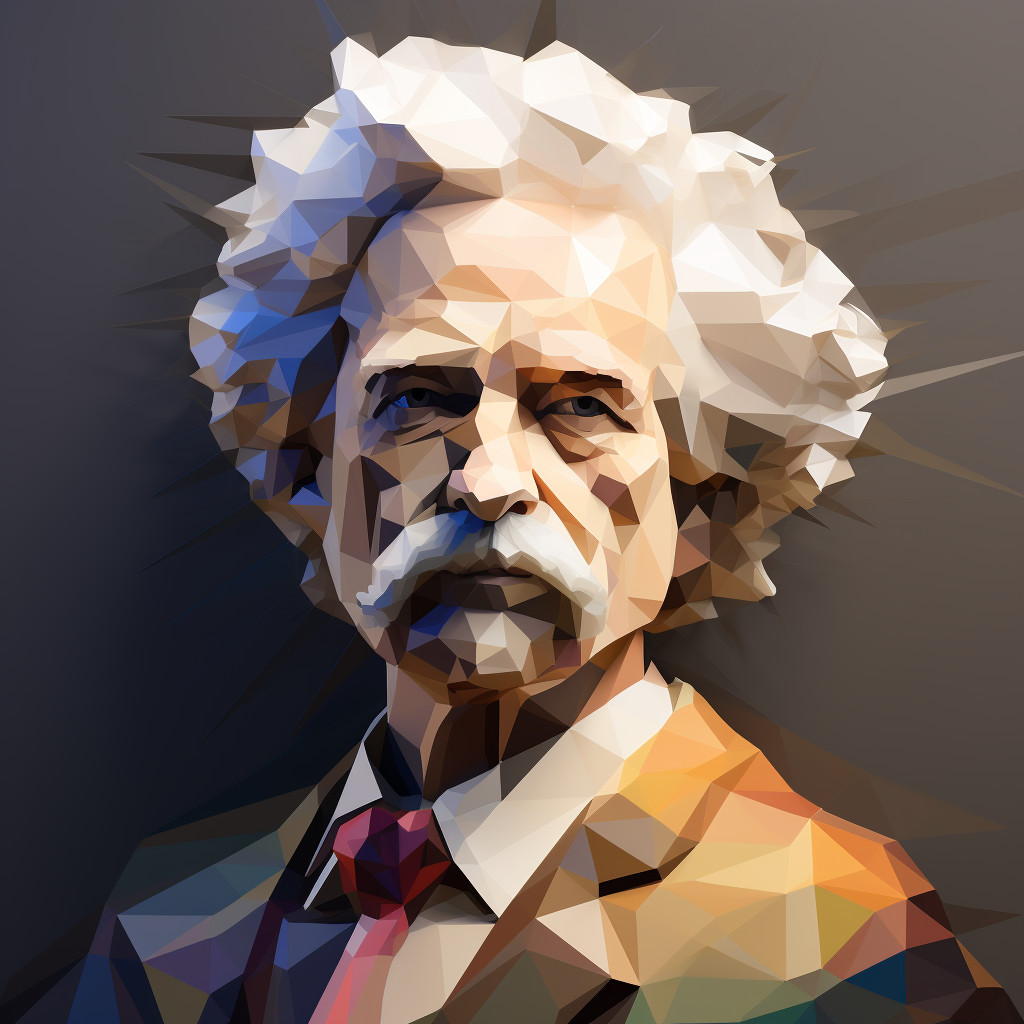'Confusing' Quotes
Confusing quotes are short, thought-provoking statements that challenge our understanding and perception of the world. They often contain paradoxes, contradictions, or double meanings, leaving us puzzled and forcing us to think deeper. These quotes have been used by philosophers, writers, and leader…Read More
Confusing quotes are short, thought-provoking statements that challenge our understanding and perception of the world. They often contain paradoxes, contradictions, or double meanings, leaving us puzzled and forcing us to think deeper. These quotes have been used by philosophers, writers, and leaders throughout history to spark critical thinking and inspire change. From Socrates’ “I know that I know nothing” to Albert Einstein’s “Imagination is more important than knowledge,” these quotes have shaped our understanding of life and influenced our actions. They continue to be relevant today, reminding us to question our beliefs and think beyond the surface. Confusing quotes have the power to challenge our perspectives and inspire us to seek truth and meaning in our lives.Read Less
Confusing quotes are short, thought-provoking statements that challenge our understanding and perception of the world. They often contain paradoxes, contradictions, or double meanings, leaving us puzzled and forcing us to think deeper. These quotes have been used by philosophers, writers, and leaders throughout history to spark critical thinking and inspire change. From Socrates’ “I know that I know nothing” to Albert Einstein’s “Imagination is more important than knowledge,” these quotes have shaped our understanding of life and influenced our actions. They continue to be relevant today, reminding us to question our beliefs and think beyond the surface. Confusing quotes have the power to challenge our perspectives and inspire us to seek truth and meaning in our lives.
32 Praiseworthy 'Confusing' Quotations and Sayings
Confusing – Symbolic Value
The concept of ‘confusing’ is one that holds a significant symbolic value in our lives. It is a feeling that we have all experienced at some point, whether it be in our personal relationships, our careers, or even in our own thoughts and emotions. The word itself is defined as “causing bewilderment or perplexity; difficult to understand or explain.” But beyond its dictionary definition, ‘confusing’ holds a deeper meaning that speaks to the complexities of human existence.In many ways, ‘confusing’ is a symbol of the human condition. It represents the constant struggle to make sense of the world around us and the internal conflicts that arise as we navigate through life. It is a reminder that despite our best efforts, there will always be moments of confusion and uncertainty. And yet, it is through these moments that we are able to grow and learn more about ourselves and the world.
Confusing – Cultural and Historical Significance
The concept of ‘confusing’ has played a significant role in various cultures and throughout history. In ancient Greek mythology, the god of confusion and chaos, Eris, was often depicted as a mischievous and unpredictable force. In Chinese philosophy, the concept of ‘yin and yang’ represents the balance between opposing forces, including confusion and clarity. And in Hinduism, the god Shiva is often associated with both destruction and creation, representing the cyclical nature of life and the constant state of confusion and order.Throughout history, ‘confusing’ has also been a recurring theme in literature and art. From Shakespeare’s plays to modern-day novels, confusion is often used as a plot device to create tension and drive the narrative forward. In art, the use of abstract and surreal elements can evoke a sense of confusion and disorientation, challenging the viewer’s perception and understanding of reality.
Confusing – Common Themes in Motivational Contexts
In motivational contexts, ‘confusing’ is often associated with feelings of frustration and uncertainty. It is a common theme in self-help and personal development literature, as individuals strive to make sense of their goals and aspirations. The feeling of being confused can be overwhelming and can hinder our progress towards achieving our dreams. However, it is also seen as an opportunity for growth and self-discovery. By embracing the confusion and working through it, we can gain a deeper understanding of ourselves and our desires.
Confusing – Portrayal in Art and Media
In today’s fast-paced and information-driven society, confusion is a prevalent theme in media and popular culture. From the constant barrage of news and social media updates to the ever-changing trends and societal norms, it is easy to feel overwhelmed and confused. In the world of advertising, confusion is often used as a marketing tactic to create a sense of urgency and drive consumer behavior. In the entertainment industry, confusion is often portrayed as a source of humor, with characters getting into comical situations due to misunderstandings and miscommunications.
Confusing – Impact on Understanding of Life and Society
The concept of ‘confusing’ has a profound impact on our understanding of life and society. It reminds us that despite our best efforts, there will always be moments of confusion and uncertainty. It challenges us to question our beliefs and perceptions, and to embrace the unknown. In a world that is constantly changing and evolving, confusion is a constant reminder that there is still much to learn and discover.In conclusion, the concept of ‘confusing’ holds a significant symbolic value in our lives. It is a reminder of the complexities of the human experience and the constant struggle to make sense of the world around us. From its cultural and historical significance to its portrayal in art and media, confusion is a recurring theme that has shaped our understanding of life and society. And while it may be challenging and uncomfortable, it is through confusion that we are able to grow and gain a deeper understanding of ourselves and the world.











